Continuous Quantum Measurements and Path Integrals
Advances in technology are taking the accuracy of macroscopic as well as microscopic measurements close to the quantum limit, for example, in the attempts to detect gravitational waves. Interest in continuous quantum measurements has therefore grown considerably in recent years. Continuous Quantum Measurements and Path Integrals examines these measurements using Feynman path integrals. The path integral theory is developed to provide formulae for concrete physical effects. The main conclusion drawn from the theory is that an uncertainty principle exists for processes, in addition to the familiar one for states. This implies that a continuous measurement has an optimal accuracy-a balance between inefficient error and large quantum fluctuations (quantum noise). A well-known expert in the field, the author concentrates on the physical and conceptual side of the subject rather than the mathematical.
{{comment.content}}
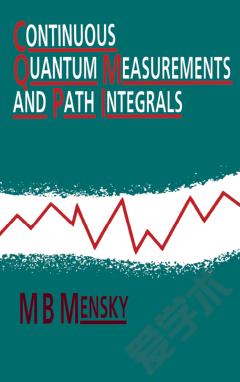
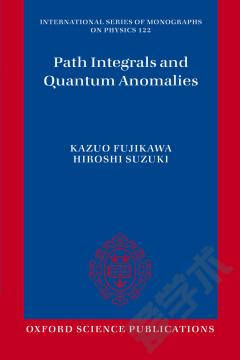
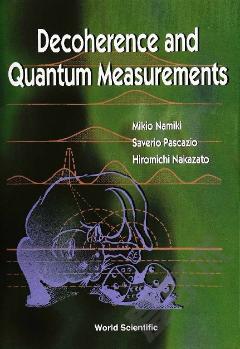

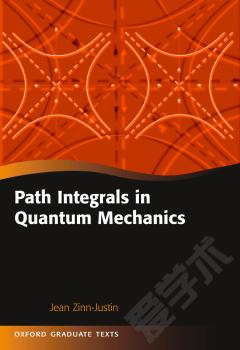
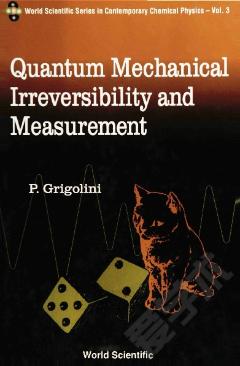
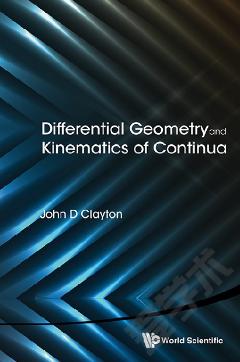

 京公网安备 11010802027623号
京公网安备 11010802027623号